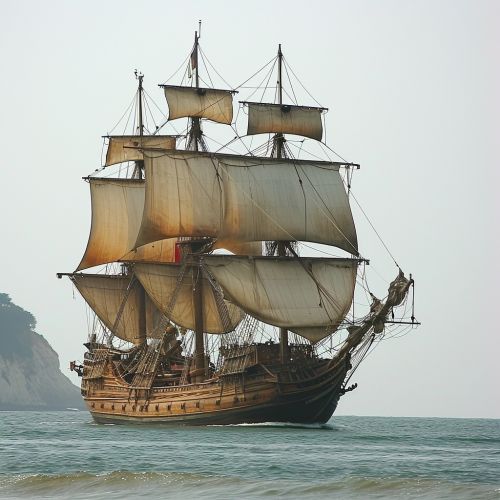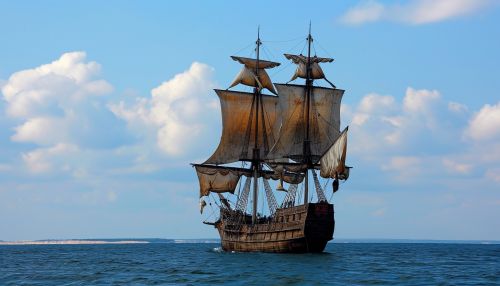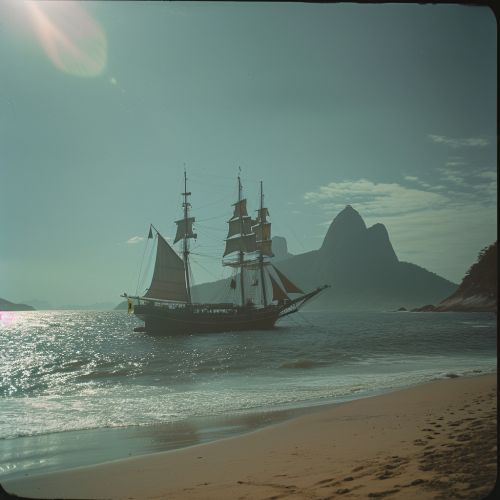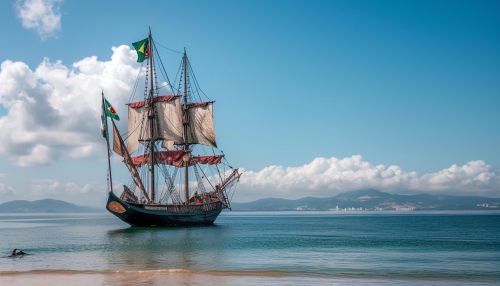Portuguese Colonization in the Americas
Early Exploration
The Age of Discovery, also known as the Age of Exploration, marked a significant period in world history. During this era, European powers embarked on maritime expeditions to explore unknown territories, establish trade routes, and expand their influence globally. Among these powers, Portugal played a pivotal role, with its explorers venturing into uncharted waters and laying the groundwork for the Portuguese Empire.


Portuguese Colonization in the Americas
The Portuguese colonization in the Americas began in the early 16th century, following the discovery of the New World by Christopher Columbus in 1492. The Portuguese, under the leadership of King Manuel I, were eager to establish a foothold in the Americas and exploit the region's abundant resources.
Treaty of Tordesillas
The Treaty of Tordesillas, signed in 1494, played a crucial role in shaping the Portuguese colonization in the Americas. This agreement, brokered by Pope Alexander VI, divided the newly discovered lands outside Europe between Spain and Portugal along a meridian 370 leagues west of the Cape Verde islands. This treaty effectively gave Portugal the right to colonize what is now Brazil.
Colonization of Brazil
The Portuguese colonization of the Americas primarily revolved around the colonization of Brazil. The discovery of Brazil was made by Portuguese explorer Pedro Álvares Cabral in 1500 during a voyage to India. Initially, the Portuguese Crown showed little interest in this newly discovered land, focusing instead on its lucrative trade with the East Indies.


Economic Exploitation
The economic exploitation of the Americas was a significant aspect of the Portuguese colonization. The Portuguese initially focused on the extraction of Brazilwood, a valuable timber used for dyeing textiles. Later, the discovery of gold and diamonds in the interior regions led to a gold rush, attracting settlers and increasing Portugal's interest in the colony.
Indigenous Relations
Relations between the Portuguese colonizers and the indigenous peoples of the Americas were complex and varied. In some areas, the Portuguese sought to convert the indigenous peoples to Christianity through the efforts of Jesuit missionaries. In other areas, the indigenous peoples were enslaved and forced to work in plantations and mines.
Colonial Administration
The Portuguese colonial administration in the Americas was characterized by a system of Captaincies, large territorial grants given to donatários, who were responsible for their development and administration. This system, however, proved to be ineffective, leading to the establishment of the Governorate General in 1549, which centralized the administration of the colony.
Legacy of Portuguese Colonization
The legacy of Portuguese colonization in the Americas is profound and enduring. The Portuguese language, culture, and religion have had a significant influence on the societies of the Americas, particularly in Brazil. Moreover, the economic exploitation and social structures established during the colonial period have had lasting impacts on the region's development.
